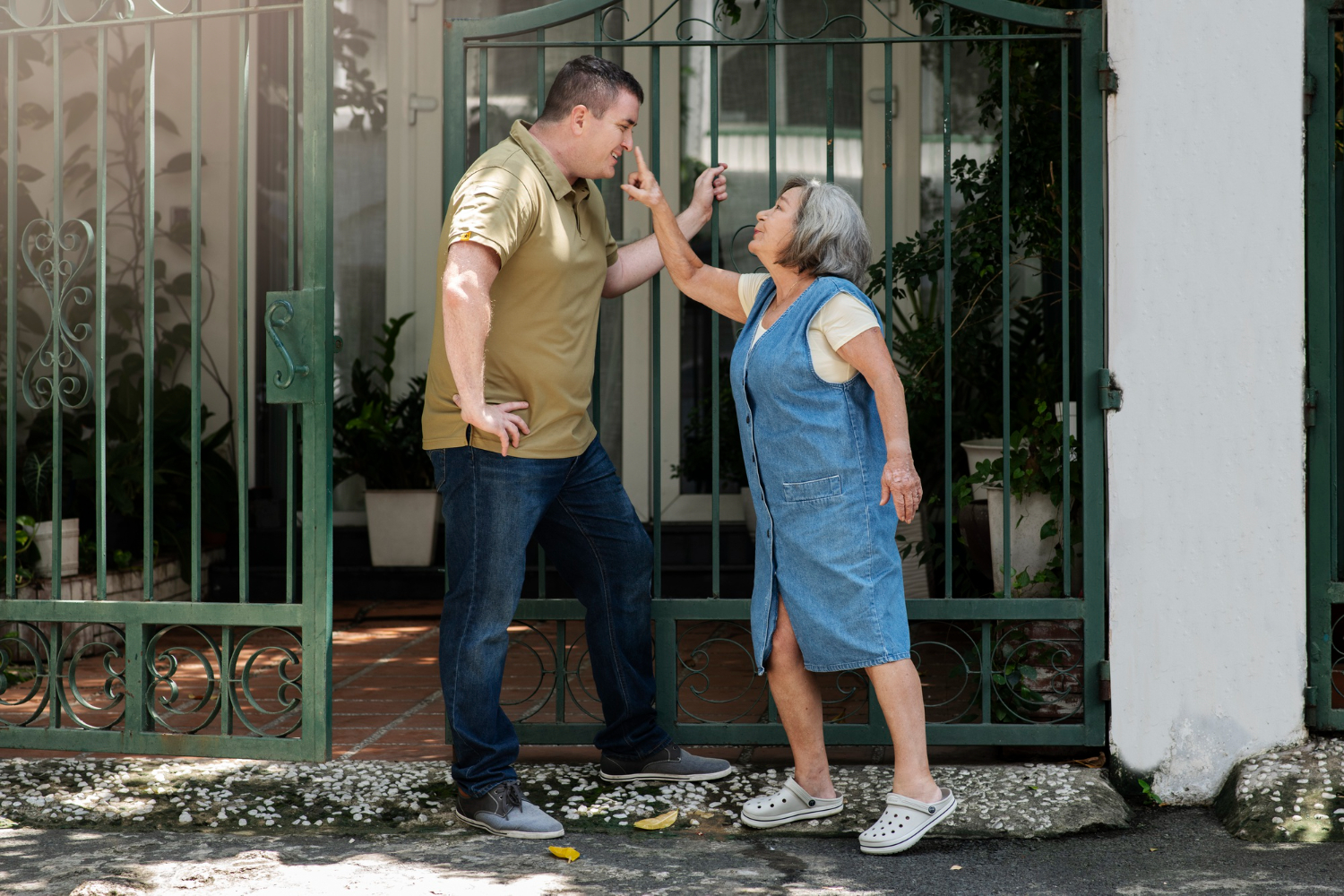Difficult HOA Board Members and How to Handle Them

Elected association officers are, for the most part, people who are well-regarded in the community. Unfortunately, misbehaving board members can leave other board members feeling frustrated, tired, and/or threatening to quit. They can make life miserable for what should be a fulfilling volunteer job. This is nothing new for associations, and many HOA communities must deal with these types of problematic members.
Unfortunately, there are many types of difficult board members – and just about every association has experienced one of these members at one time or another. Problem HOA board members can drag out board meetings and can get in the way of quick and effective decision-making for the community. Even worse, these members may even get in the way of the board reaching quorum for important decisions. It’s best to address these members and the issues they present before they can do too much damage.
Here are a few examples of difficult board members, the warning signs that you have a problem HOA board member on your hands, and some advice on how to manage them:
The Absentee
It is the responsibility of HOA board members to be present at meetings – quorum is crucial for a board’s effectiveness. If a board member is habitually late or absent, this shows that the individual either lacks the passion for their association, or that they are too busy to meet the needs for the position they volunteered to fill. One way to address these types of members is to ask them if there is anything you (or the board) could do to assist them so that they have enough time to adequately participate in board meeting. Perhaps moving meetings online will facilitate a little room in their schedule. A little kindness and flexibility can go a long way in motivating someone to take their commitments to the HOA board more seriously.

The Bully
This problem HOA board member has strong opinions and is not afraid to express them. They often alternate between force and manipulation to get others to agree with what they want. This individual may use intimidation, guilt, abusive language, grandstanding, or even outright lies to get others on the board to vote on their side. This behavior is inexcusable and must be resolved immediately.
If the bully is allowed to have their way for too long, this person can send the board in a self-destructive direction. The best way to neutralize this type of person is to stand up to them and encourage others to do the same. When they realize they do not have the power to intimidate the room anymore, they will usually back down. If you feel the need, it may be necessary to bring in a mediator who is experienced in dealing with difficult HOA board members.
The Grouch
Sadly, attitudes are contagious, and a board member with negative mindset can sometimes affect the entire board. This type of board member usually has a bleak outlook on every topic. They may even be the person who is in the habit of grumbling about other board members, talking behind the backs of others.
Stop this grouch in their tracks by not letting them dominate the discussion with their sour disposition. It’s important to let them have their time to speak, but once they’ve finished, quickly direct the conversation toward some of the more positive board members.
The Buck Passer
If someone constantly refuses to take responsibility, either as an individual or as a part of a team, this may be a warning sign of a problem board member. It takes some humility and maturity to take responsibility for one’s actions, especially for an error. Believe it or not, boards do not have to be hindered from making decisions just because some members are not able or willing to admit when mistakes are made. Sometimes the best way to manage these board members is to shift the focus away from the question of “who’s to blame?” to instead target what solutions, if any, are in the best interest of the HOA moving forward.

The Curmudgeon
This is the type of person who has a difficult time adjusting to change. They will do whatever they can to stifle new technologies or ideas; constantly pushing to keep things the way that they have always been. Their regular refrain: “It has always worked before!”
As improbable as it may seem, these types of board members are often more than willing to adapt to changes once they have become more familiarized with new processes. To mitigate the effect this type of member can have on your board, your HOA should consider facilitating or participating in workshops where other members (and/or experts) help train these members to the point where they feel more comfortable with whatever change(s) you’re attempting to implement.

The Conversation Hog
If you have a board member who consistently talks more than they listen, frequently interrupts others, constantly discounts the suggestions of others, and/or who dominate board meetings, you may be dealing with a conversation hog. Board decisions should be made by a constructive consensus of ideas, and the behavior exhibited by this type of board member can often get in the way of that process.
These board members generally behave this way out of a desire for attention. So, the best way to make them stop behaving this way is to give them the attention that they desire. Listen to what they have to say. Acknowledge it. Restate it. Then, follow their comment(s) by relating them to a personal experience or similar point that you have. If this doesn’t satiate the hog’s need for attention (i.e. you do not think that they are likely to stop), you can try subtly interrupting them by saying something that validates them, then pivoting to another topic. If this fails, you could also try asking them if you could pick up on that specific point later.
Dealing with Problem HOA Board Members Before They Sabotage the Board
Managing difficult board members and the issues they may cause often requires patience and firm hand. Generally speaking, one of the best ways to circumvent the problems associated with difficult board members is to work closely with your association management company to establish a strict agenda – and to let everyone in attendance know that the agenda will be followed carefully, as to reduce the likelihood of any one person taking over the conversation or the meeting.
Remember to give all board members (even the difficult ones) a chance to change their ways by having a personal conversation about the problem behavior and/or by modeling the positive behavior you want them to emulate. As life goes, it may not always be possible to control how others behave, but you can help create more efficacious HOA board just by being the best “team” board member that you can be.
Are you seeking new HOA management? Association Management Concepts Inc. (AMC) is locally owned and operated in the greater Sacramento Area. AMC has a full team of professionals managing over 70 HOAs throughout five counties in Northern California. If you’re considering a change, we’re happy to answer any questions. Contact us today!




